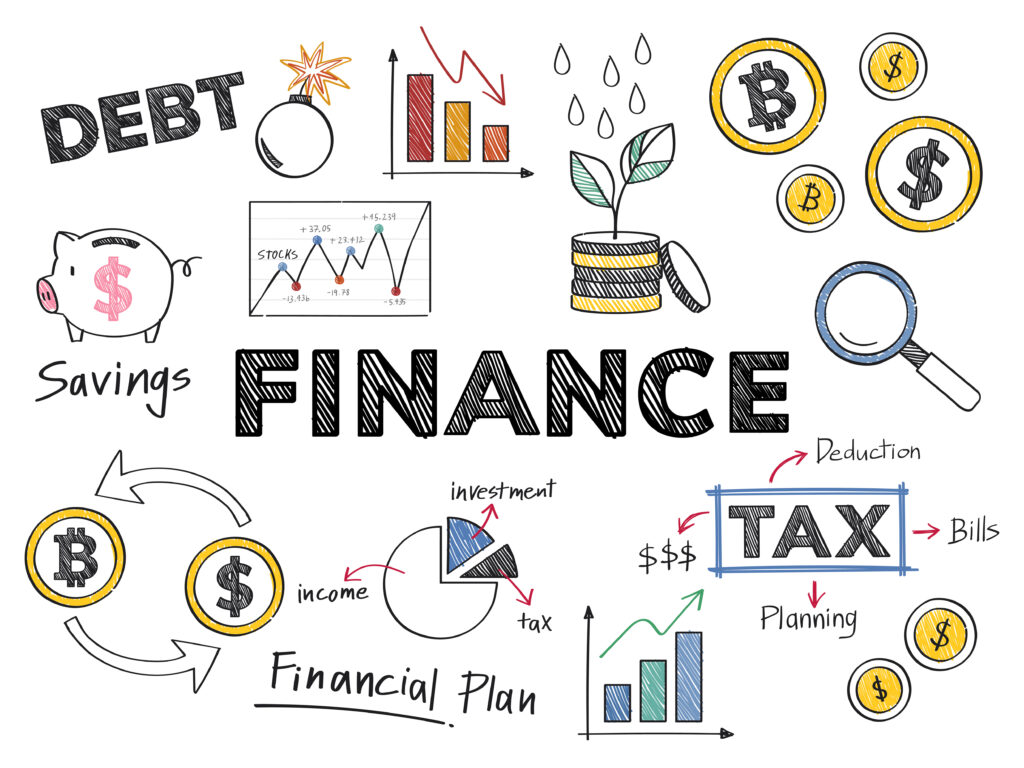Introduction
In today’s fast-paced world, managing finances can be a daunting task, especially when faced with the burden of debt. Overcoming debt requires a strategic approach, discipline, and a commitment to financial well-being. In this blog post, we will explore practical steps and strategies on how to overcome debt and regain control of your financial future.

1. Assess Your Debt Situation
The first step in conquering debt is to have a clear understanding of your financial situation. Create a comprehensive list of all your debts, including credit cards, loans, and any outstanding bills. Organize them by interest rates, balances, and due dates to prioritize repayment.
2. Create a Realistic Budget
Developing a realistic budget is essential to curb unnecessary spending and allocate funds towards debt repayment. Identify essential expenses, such as housing, utilities, and groceries, and allocate the remaining funds to debt repayment. A well-structured budget serves as a roadmap for financial recovery.
3. Prioritize High-Interest Debts
High-interest debts can quickly accumulate and become a significant financial burden. Prioritize paying off debts with the highest interest rates first. This strategy, known as the debt avalanche method, minimizes the overall interest paid and accelerates the debt repayment process.
4. Consider Debt Consolidation
Debt consolidation involves combining multiple debts into a single, more manageable payment. This can simplify your financial obligations and potentially reduce interest rates. However, it’s crucial to thoroughly research and understand the terms and conditions of any consolidation option before proceeding.
5. Negotiate with Creditors
Don’t hesitate to reach out to your creditors to discuss your financial situation. Many creditors are willing to negotiate lower interest rates, extended repayment terms, or even settle for a reduced amount. Open communication can lead to more favorable terms and alleviate some of the financial pressure.
6. Build an Emergency Fund
Having an emergency fund can prevent the accumulation of additional debt when unexpected expenses arise. Aim to save three to six months’ worth of living expenses in an easily accessible account. This fund serves as a financial safety net, reducing reliance on credit in times of crisis.
7. Explore Additional Income Streams
Boosting your income can expedite the debt repayment process. Consider taking on a part-time job, freelancing, or exploring the gig economy. The additional income generated can be dedicated to paying off debts, accelerating your path to financial freedom.
8. Educate Yourself on Financial Literacy
Understanding the principles of personal finance is crucial for long-term financial stability. Invest time in educating yourself about budgeting, investing, and smart financial decision-making. The more informed you are, the better equipped you will be to overcome debt and build a secure financial future.
9. Seek Professional Assistance if Needed
If managing debt becomes overwhelming, don’t hesitate to seek professional assistance. Credit counseling agencies can provide guidance on debt management plans, budgeting, and financial education. Be cautious and choose reputable agencies with a track record of assisting individuals in similar situations.
10. Celebrate Milestones and Stay Motivated
Overcoming debt is a gradual process, and celebrating small victories along the way is crucial for maintaining motivation. Set realistic milestones and reward yourself when you achieve them. Staying motivated is key to sustaining the discipline required for successful debt repayment.
Conclusion
Overcoming debt is a journey that requires commitment, discipline, and strategic planning. By assessing your financial situation, creating a realistic budget, prioritizing high-interest debts, and seeking professional guidance when needed, you can regain control of your financial future. Remember, the path to financial freedom is attainable with determination and a well-executed plan.


